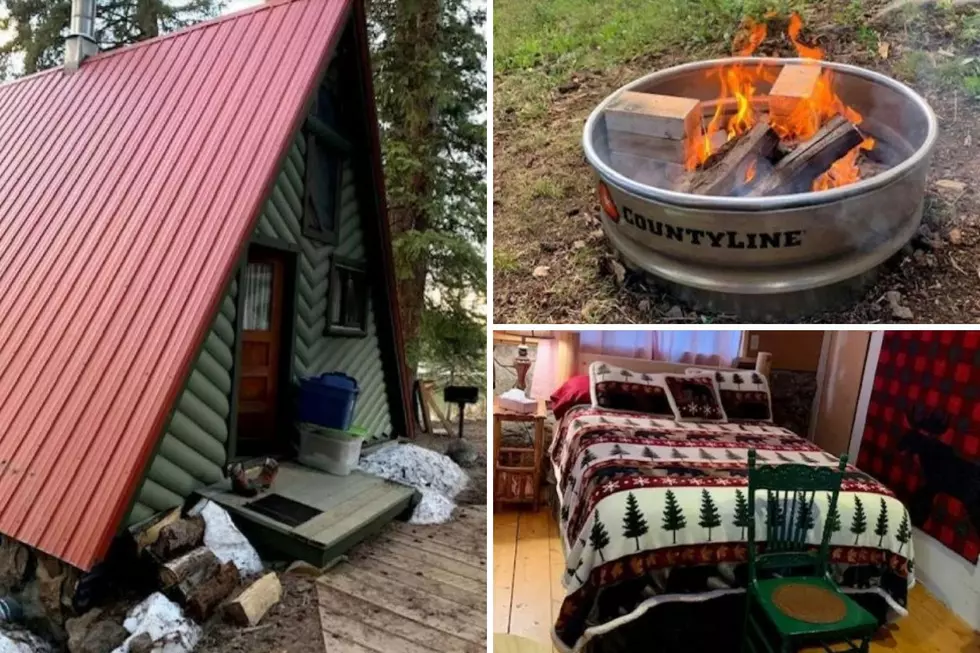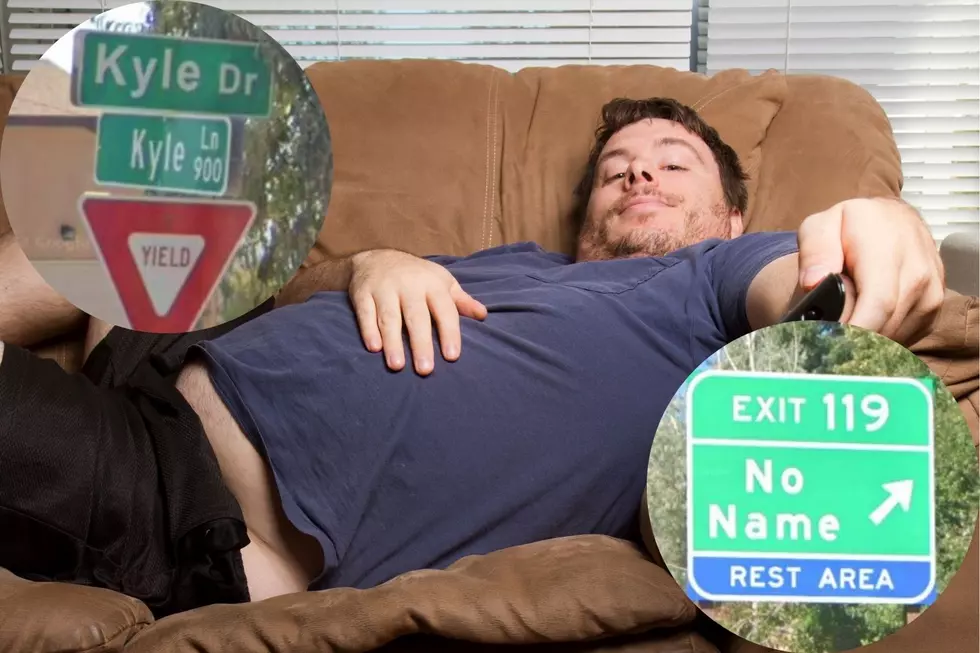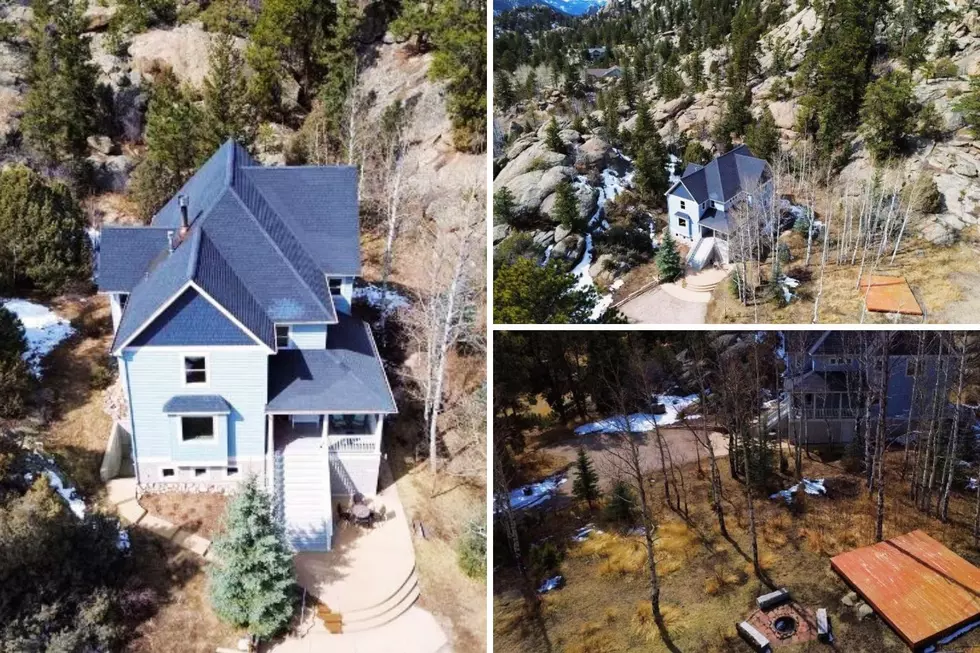
Is Squatting Legal in the State of Colorado?
Want to fall down a legal loophole? Wrap your mind around the art of squatting, and the legal ins and outs of doing so in the state of Colorado. What is squatting, and is it legal in our state?
A squatter is someone who occupies an empty property that does not belong to them. This is different than trespassing as it is the squatter's intent to stay at the property until they become the owner. This includes paying the state's taxes on said property.

What is a Squatter?
On-Site Property management defines a squatter as someone who is occupying a property to which they have no legal claim. This can place the property and the actual owner's financial standing at risk. Squatting usually happens in residential buildings that have been unoccupied, closed, or foreclosed. In some instances, it can occur at an empty commercial property as well.
Squatting is the ultimate gray area. It is not made legal by law, but it is not necessarily illegal depending on where you are. Squatters do have some protections under the current law in Colorado.
How Long Does it Take A Squatter to Take Ownership in Colorado?
Someone squatting a property in Colorado must reside there openly and continuously for 18 years to be legally recognized as the owner. This timeline can be shortened if the squatter has been the one paying the property taxes, or has obtained 'color of title'.
How Do People Get Rid of a Squatter in Colorado?
Welcome to hell! Keeping squatters out means having to consistently monitor the property you own, especially if it is empty or unoccupied. Getting rid of a squatter can often require a call to the police, serving eviction notices, having to file a lawsuit, and more. Good lord! Hopefully, this never happens to you.
KEEP GOING: What Major Laws Were Passed the Year You Were Born?
STILL ILLEGAL: Baby Names that are Illegal Around the World
MORE: 10 Famous Movies That Led to Major Lawsuits
More From 95 Rock









